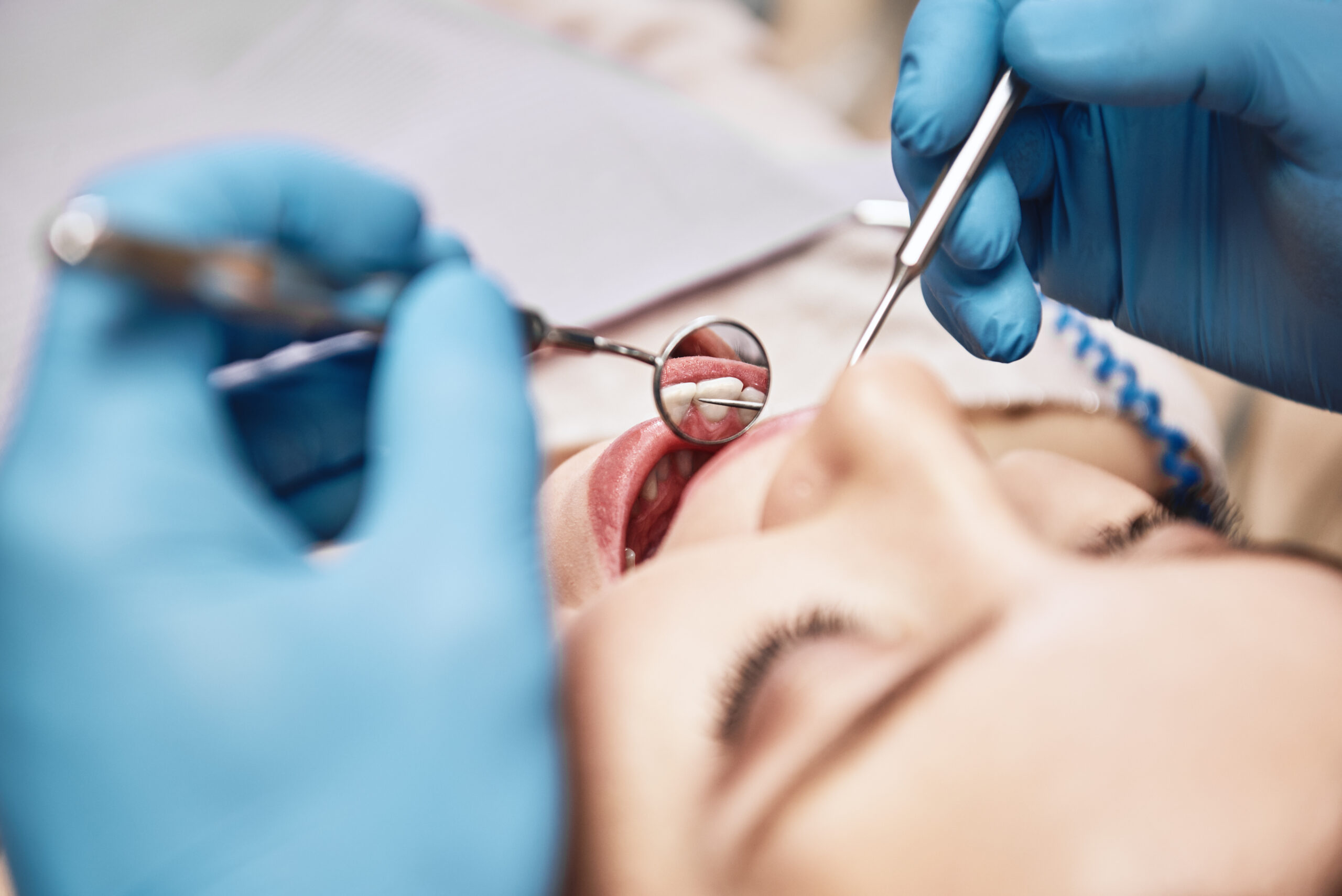The Connection Between Diet and Oral Health
As a dentist, I have seen firsthand how diet plays a critical role in maintaining strong and healthy teeth. Many people don’t realize that what they eat directly affects their oral health. While brushing and flossing are essential, the foods and drinks we consume can either protect our teeth or put them at risk for decay, gum disease, and other dental problems. Nutrition and oral health are deeply connected, and understanding this relationship can help you maintain a healthier smile for life.
The Impact of Sugar and Acidic Foods
One of the biggest culprits of poor oral health is sugar. When sugar interacts with bacteria in the mouth, it produces acid that attacks tooth enamel, leading to cavities. Sugary drinks like soda, fruit juices, and even sports drinks can be especially harmful because they bathe the teeth in sugar, creating an environment where bacteria thrive.
Acidic foods and drinks, such as citrus fruits, tomatoes, and vinegar-based dressings, can also weaken enamel over time. While these foods are nutritious, consuming them in moderation and rinsing with water afterward can help minimize their impact on your teeth.
The Importance of Nutrient-Rich Foods
A balanced diet that includes essential nutrients can support strong teeth and gums. Here are some key nutrients that contribute to oral health:
- Calcium and Phosphorus: These minerals help strengthen enamel and are found in dairy products, leafy greens, nuts, and fish.
- Vitamin D: Helps the body absorb calcium, promoting strong teeth. Sunlight exposure, fortified dairy, and fatty fish like salmon are great sources.
- Vitamin C: Essential for healthy gums and preventing gum disease. Citrus fruits, bell peppers, and strawberries provide high levels of vitamin C.
- Vitamin A: Supports saliva production, which helps cleanse the mouth naturally. Found in carrots, sweet potatoes, and leafy greens.
Hydration and Oral Health
Drinking plenty of water is one of the simplest yet most effective ways to protect your oral health. Water helps wash away food particles, reduce acidity in the mouth, and keep gums hydrated. Fluoridated water, in particular, strengthens tooth enamel and helps prevent cavities. Choosing water over sugary or acidic beverages can make a significant difference in maintaining a healthy smile.
The Role of Chewing and Saliva Production
The act of chewing stimulates saliva production, which plays a vital role in oral health. Saliva contains enzymes that help break down food, neutralize acids, and wash away harmful bacteria. Crunchy fruits and vegetables like apples, carrots, and celery not only provide important nutrients but also help clean teeth naturally by increasing saliva flow.
Avoiding Harmful Snacking Habits
Frequent snacking, especially on sugary or starchy foods, can increase the risk of tooth decay. Unlike main meals, which are often followed by higher saliva production, constant snacking exposes teeth to prolonged acid attacks. Choosing healthy snacks such as yogurt, nuts, or cheese can help protect teeth while providing essential nutrients.
Conclusion
The foods and drinks we choose have a significant impact on our oral health. By incorporating nutrient-rich foods, drinking plenty of water, and minimizing sugary or acidic foods, we can keep our teeth strong and prevent dental problems. Maintaining good nutrition is just as important as brushing and flossing when it comes to achieving a lifelong healthy smile. Small changes in diet can lead to big improvements in oral health, making it easier to keep your smile bright and healthy for years to come.
